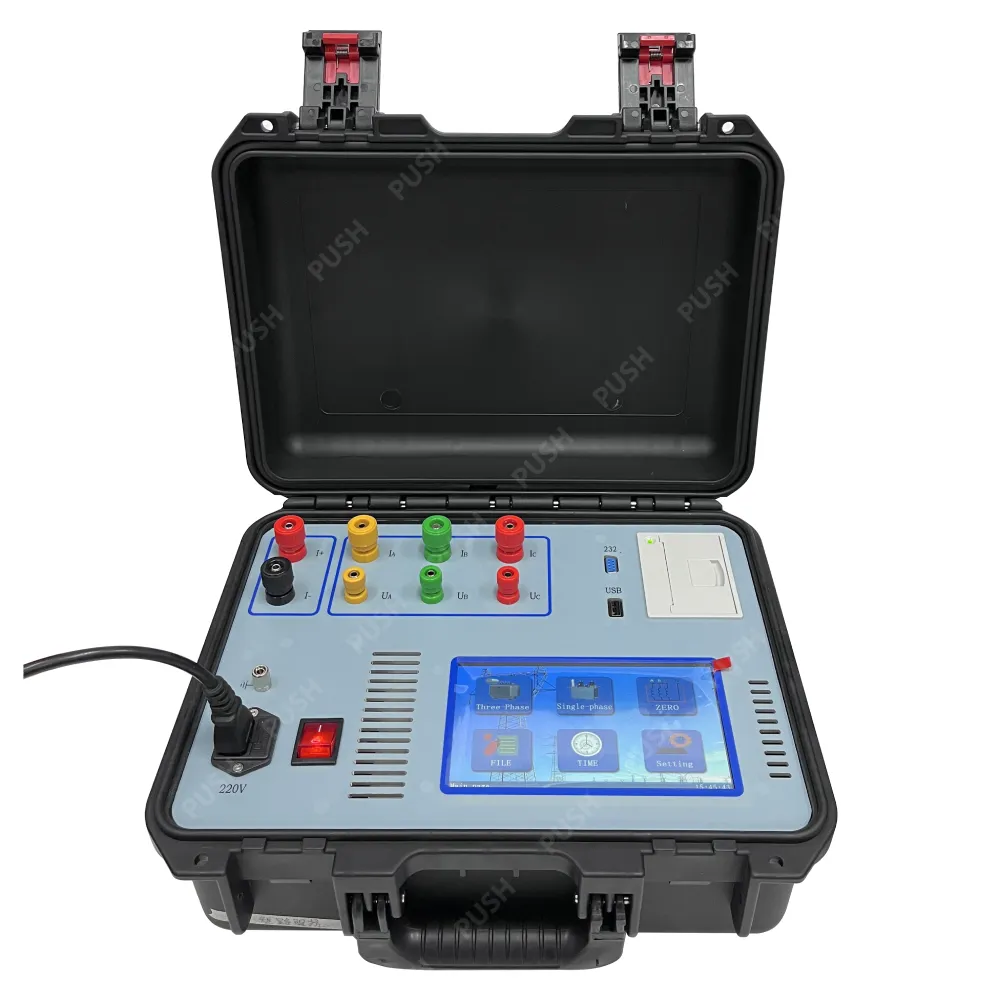 English
English


Conducting Load Test Simulations for Single Phase Transformer in a Virtual Laboratory Environment
Load Test on Single Phase Transformer Virtual Lab
In the realm of electrical engineering, transformers are pivotal components used to modify voltage levels in power systems
. The load test of a single-phase transformer is a critical procedure that characterizes its performance under various load conditions. With advancements in technology, virtual labs have emerged as an innovative approach to conduct these tests without the need for physical equipment, thus providing a safe and efficient learning environment for students and engineers alike.A single-phase transformer operates on the principle of electromagnetic induction, facilitating the transfer of electrical energy between two circuits through inductively coupled conductors. Conducting a load test on such a transformer helps assess its voltage regulation, efficiency, and overall performance when subjected to real-world operational conditions. The traditional load testing method requires a physical setup that includes measurement instruments, load banks, and safety precautions, making it cumbersome and potentially hazardous.
Virtual laboratories provide an interactive platform where users can simulate the load testing of single-phase transformers. The user interface typically includes graphical representations of the transformer setup along with adjustable parameters such as load resistance, input voltage, and frequency. Participants can alter these variables to observe how the transformer responds, allowing them to gain comprehensive insights into the operational characteristics of transformers.
During the virtual load test, users can begin by connecting the primary side of the transformer to a power supply while adjusting the secondary side load. By gradually increasing the load, participants can monitor key metrics such as current, voltage, power factor, and temperature rise. The virtual lab software calculates and displays important parameters, including load current (I), output voltage (V), real power (P), and apparent power (S), providing students with immediate feedback on the transformer's performance.
load test on single phase transformer virtual lab

One of the primary objectives of a load test is to evaluate the voltage regulation of the transformer. Voltage regulation refers to the change in voltage from no-load to full-load conditions. A well-designed transformer should exhibit minimal voltage drop under load, indicating its capability to maintain a stable output voltage. Virtual labs enable users to graph these values, allowing for a clearer visualization of the transformer's voltage behavior under various load scenarios.
Efficiency is another crucial aspect evaluated during the load test. The efficiency of a transformer is defined as the ratio of output power to input power, expressed as a percentage. Virtual simulations allow users to input specific losses, such as copper losses and core losses, to understand their impact on overall efficiency. By analyzing the efficiency at different load levels, students can learn the importance of transformer design and materials in achieving optimal performance.
Furthermore, virtual labs provide a risk-free environment for experimentation. Unlike physical setups that may pose electrical hazards, virtual simulations eliminate such risks. Participants can conduct multiple tests, experiment with various load conditions, and make mistakes without any real-world consequences, fostering a deeper understanding of transformer principles.
In conclusion, the load test on a single-phase transformer conducted through a virtual lab offers an advanced, accessible approach to learning about transformer operations. By combining theoretical knowledge with practical simulations, students and professionals can enhance their understanding of electrical systems. As technology continues to evolve, virtual labs will become an essential component of engineering education, preparing future engineers to tackle the complexities of modern electrical power systems effectively.
-
Differences between open cup flash point tester and closed cup flash point testerNewsOct.31,2024
-
The Reliable Load Tap ChangerNewsOct.23,2024
-
The Essential Guide to Hipot TestersNewsOct.23,2024
-
The Digital Insulation TesterNewsOct.23,2024
-
The Best Earth Loop Impedance Tester for SaleNewsOct.23,2024
-
Tan Delta Tester--The Essential Tool for Electrical Insulation TestingNewsOct.23,2024





